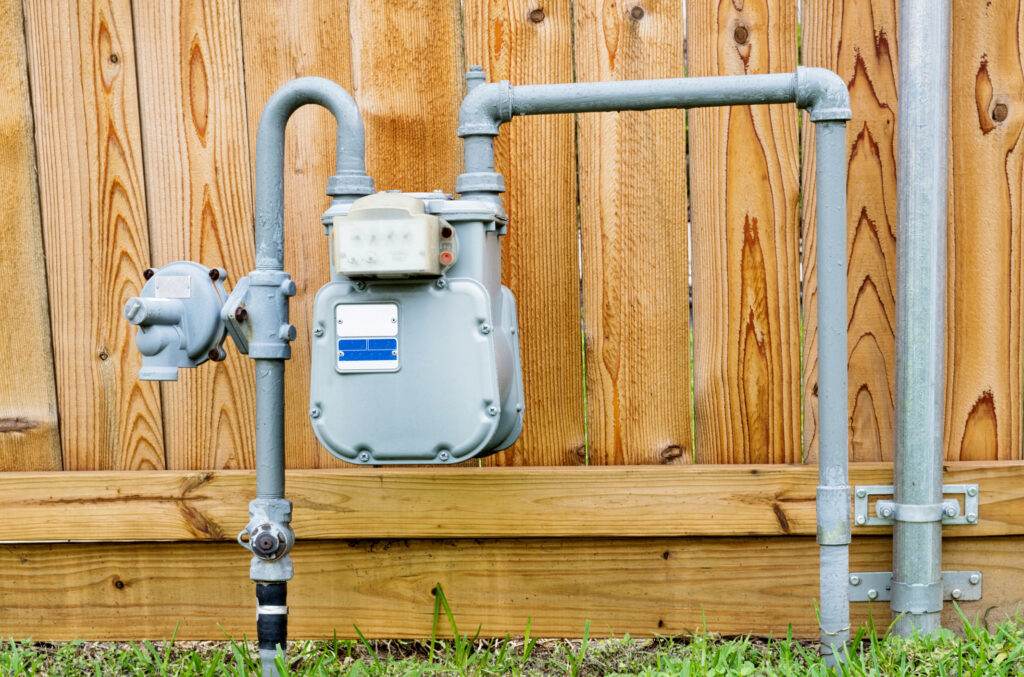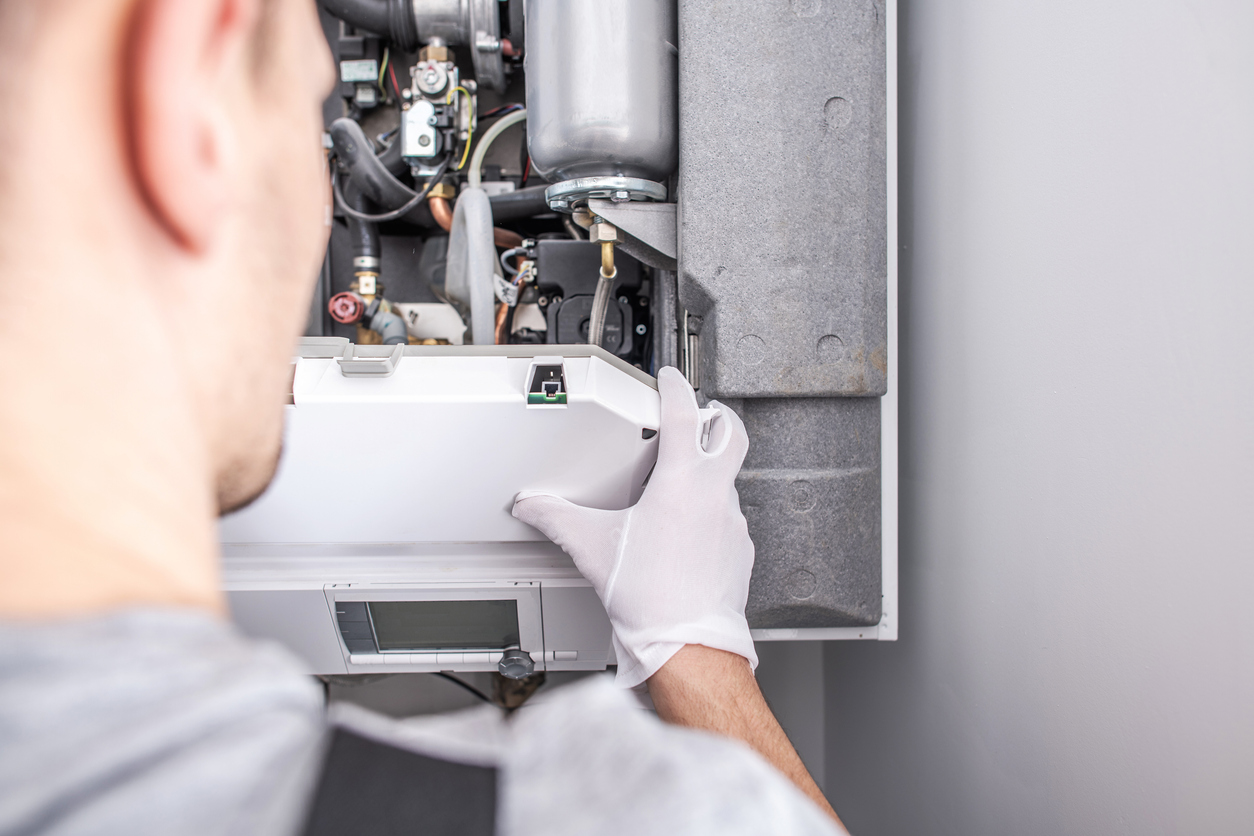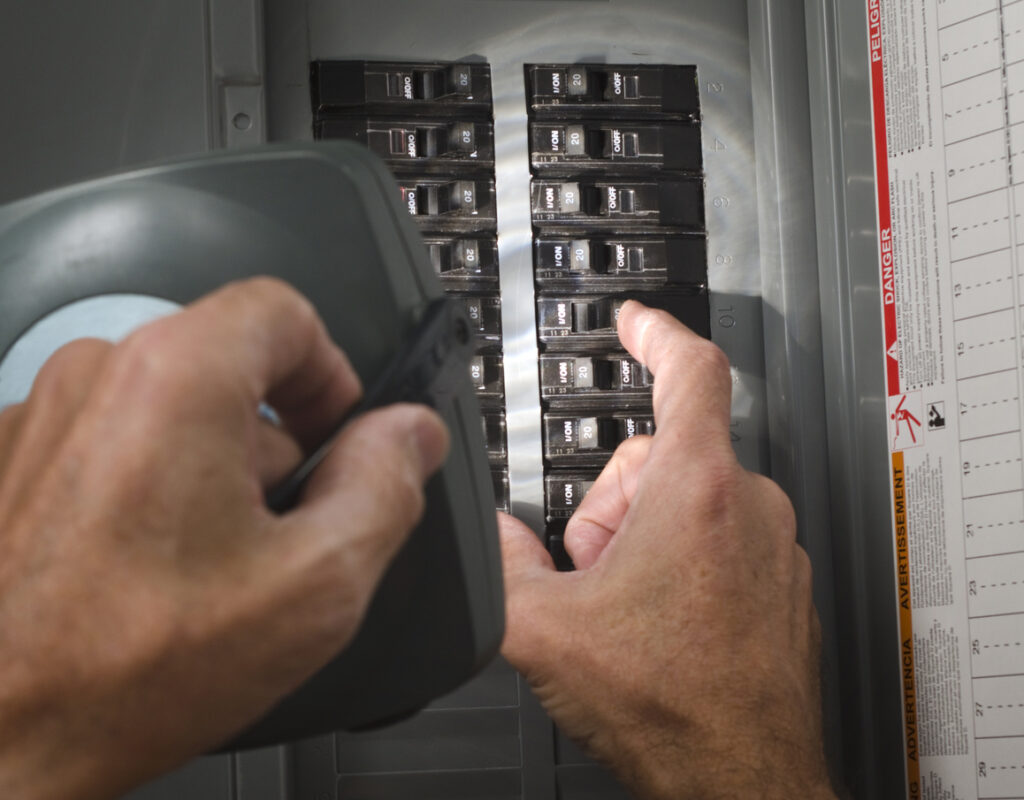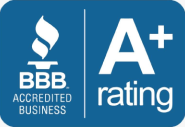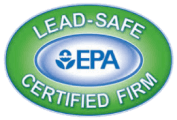What’s the Best Kind of Water Heater?
When choosing a new water heater for your home there are more choices than ever. Here’s a comparison of the most common types of water heater and the advantages and disadvantages of each style.
Electric Tank Water Heater
Heats and stores water using electricity
- Purchase Cost (less installation): $300 – $1,200
- Advantages: Lowest upfront cost, Good for small or large households
- Disadvantages: More expensive to operate
Gas Tank Water Heater
Heats and stores water using natural gas or propane
- Purchase cost (less installation): $380 to $1,500
- Advantages: Lowest upfront cost, Good for small or large households
- Disadvantages: More expensive to operate
Tankless Gas Water Heater
Heats water on demand when it’s needed.
- Purchase cost (less installation): $1000+
- Advantages: Good for smaller households, lower operating cost, small footprint
- Disadvantages: More expensive to operate
Electric Heat Pump Water Heater
Uses electricity to move heat from one place to another
- Purchase cost (less installation): $1,000+
- Advantages: 2-3 times more efficient than a conventional tank water heater.
- Disadvantages: Not a good option for colder climates
Condensing Gas Water Heaters
Heats and stores the water using gas, then uses the combustion gas to further heat the water.
- Purchase cost (less installation): $1,000+
- Advantages: Lowest operating cost. Can save a household $100+ a year
- Disadvantages: Higher up-front cost
Hybrid Tankless Water Heater
Combines the advantages of a small storage tank with a tankless water heater.
- Purchase cost (less installation): $1,000+
- Advantages: Lower operating cost. Less standby heat loss than a conventional tank water heater, and no “cold water sandwich” that can occur with tankless water heaters.
- Disadvantages: Higher up-front cost
Need help choosing the best water heater for your needs? Call Ostrom. We can help with all your plumbing and hot water needs.
Contact Us
Trusted by


